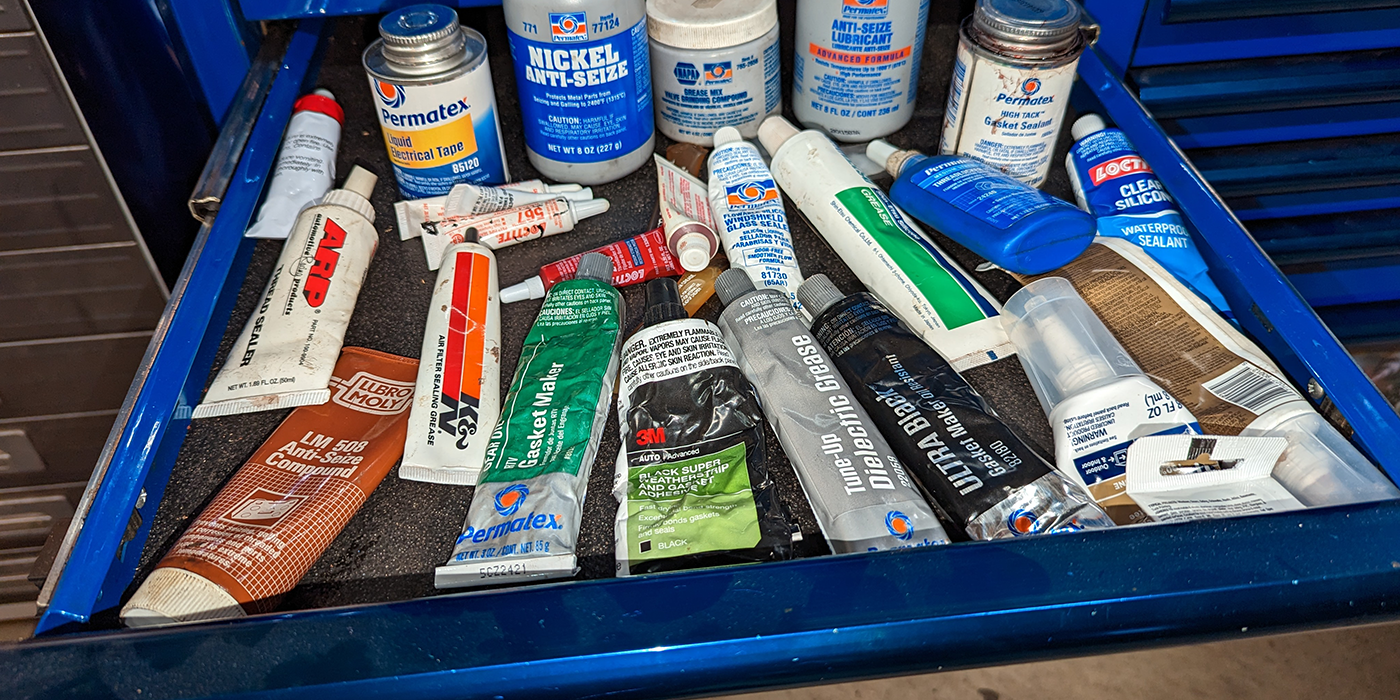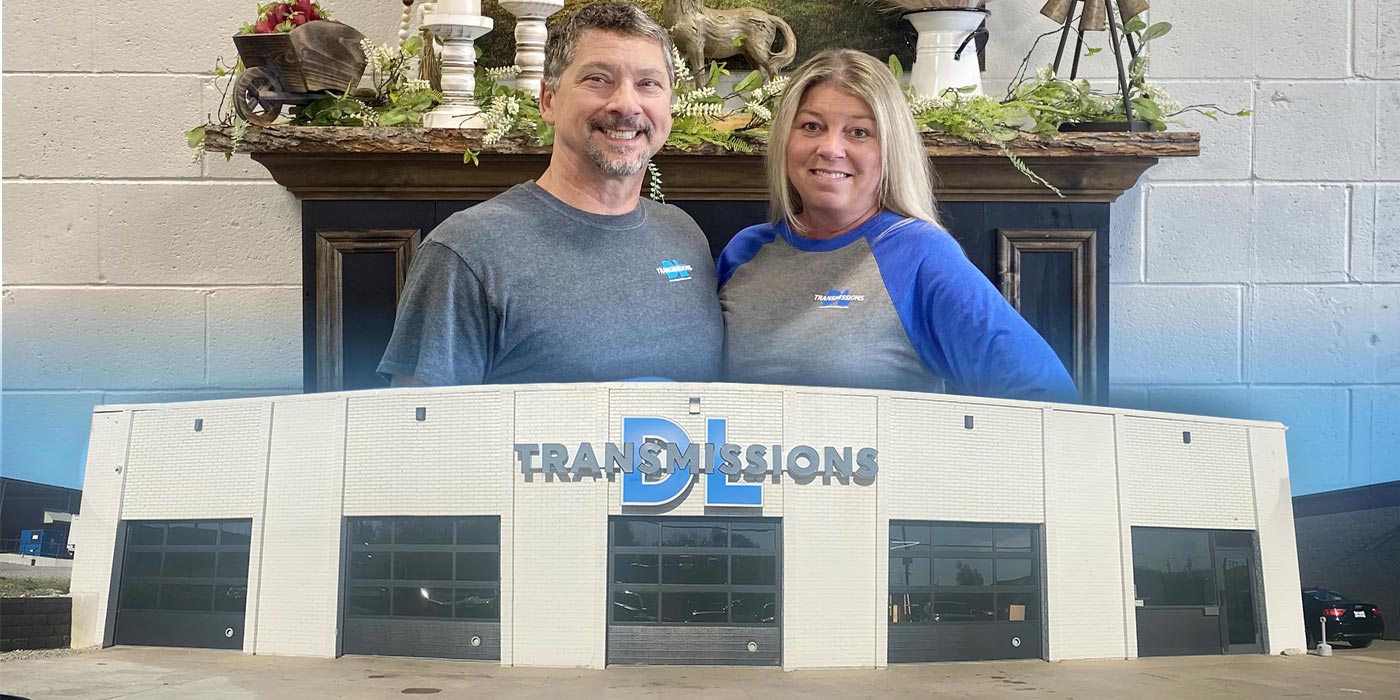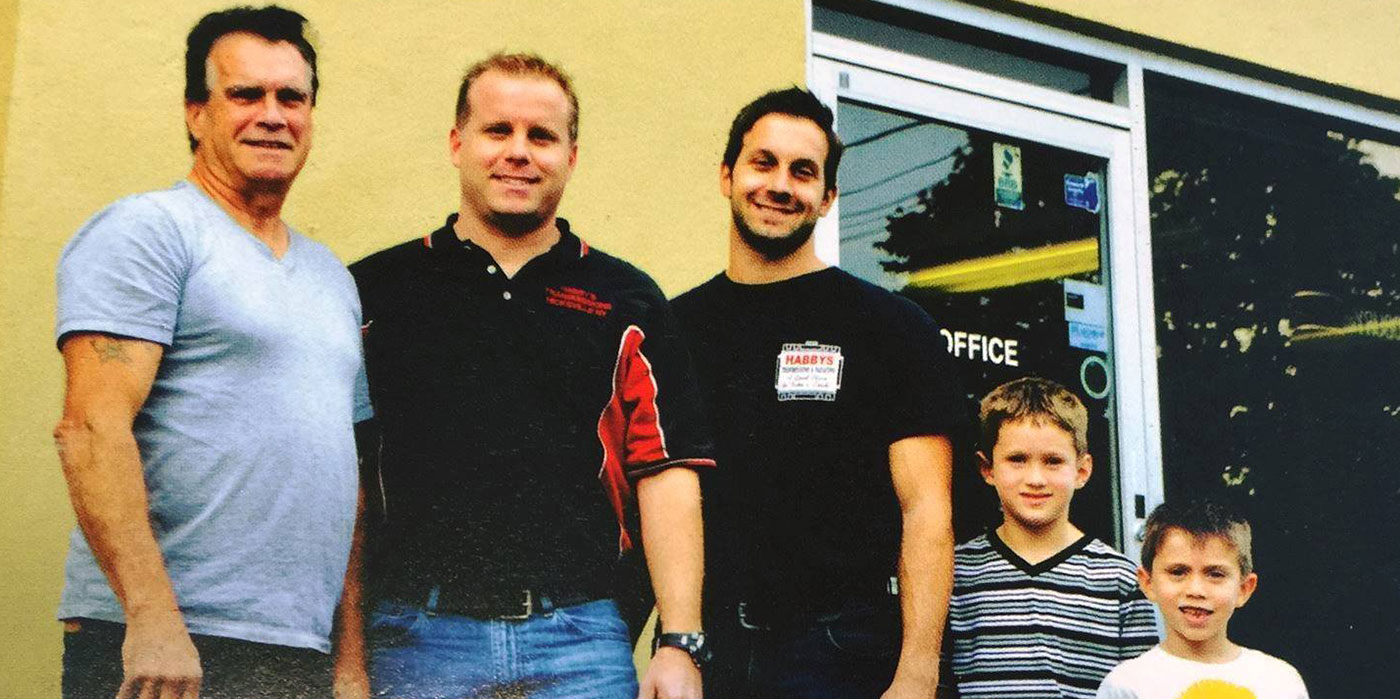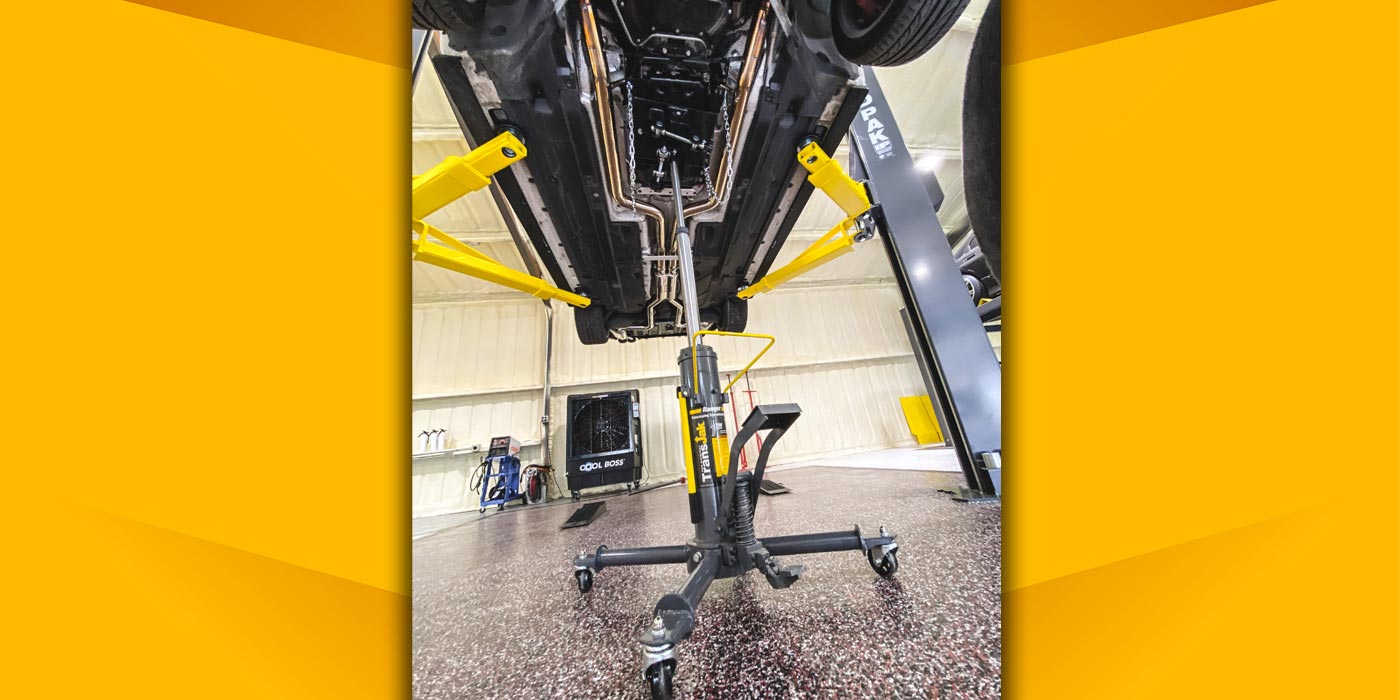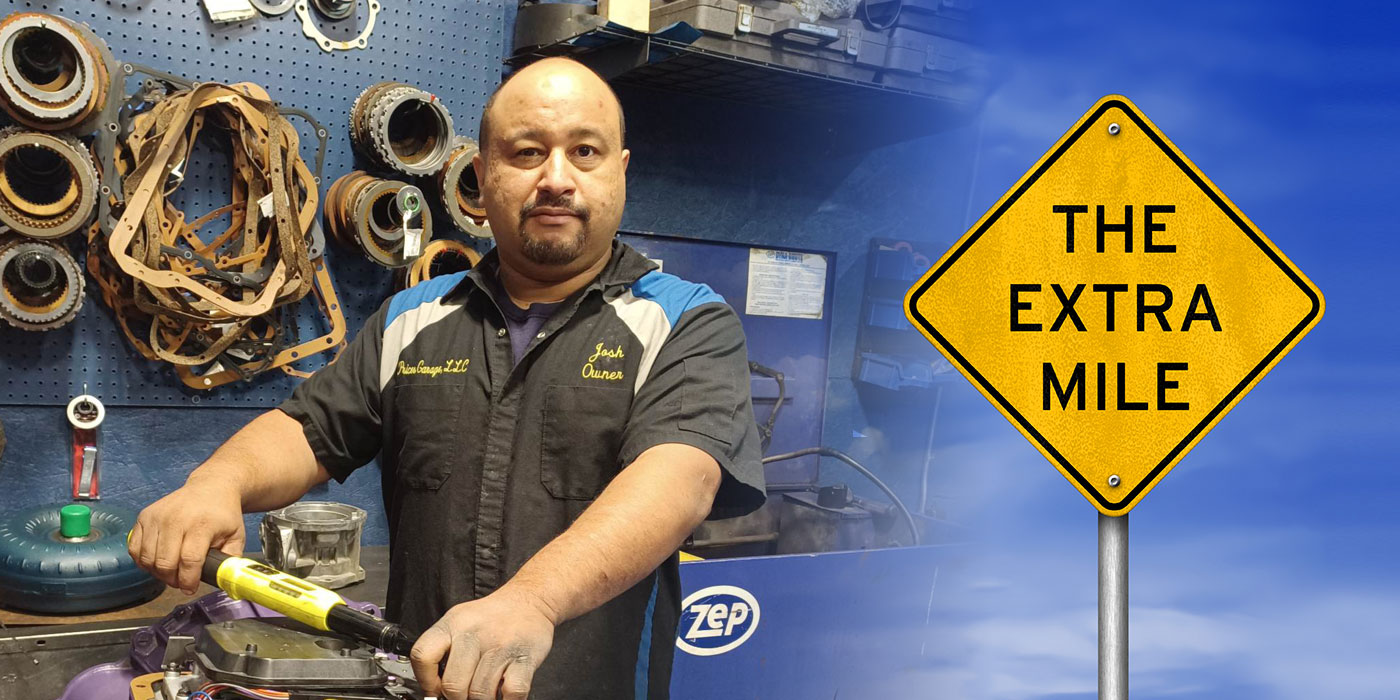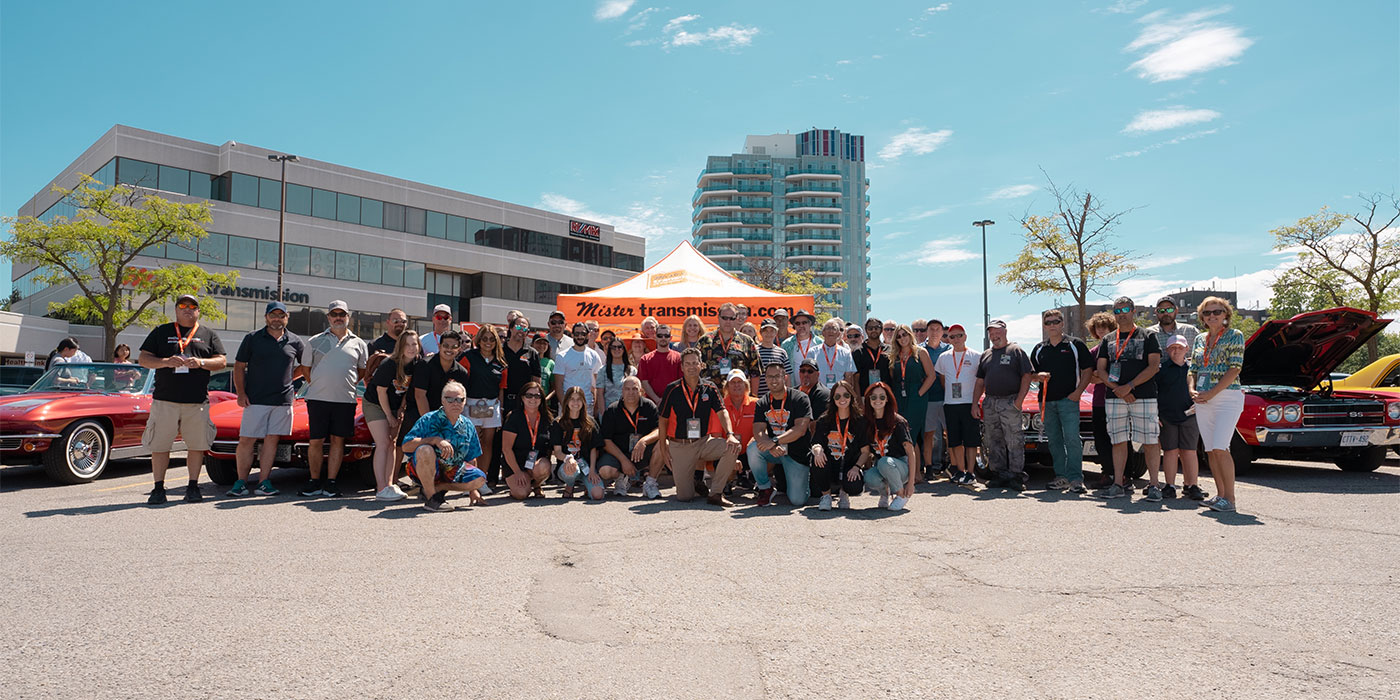
It’s Your Business
- Author: Terry Greenhut, Management Editor
People are living far longer than the Congress and Senate leaders thought they would when they drafted the Social Security Act. Back then people were lucky to reach even 65 years of age. Many were not likely to go beyond collecting their first few years’ worth of payments. Now we live into our 70s and 80s. That’s one reason Social Security is running short of money. Alan Greenspan, Federal Reserve chairman, mentioned in a recent speech that we may have to cut back Social Security or make the retirement age higher. I wouldn’t be at all surprised if people in their 30s and possibly 40s never get to benefit from the program.
What it all boils down to is what it always boils down to: You are left all alone to make a major decision in your life. What will you retire on? Will it be enough to live comfortably without having to rely on anyone else to support you? Will you be able to enjoy the lifestyle to which you have become accustomed, or will you have to make major sacrifices? What if you or your spouse requires long-term care in a nursing home? Will that wipe out all your savings? What if you do live to be 85? Do you have enough money to cover you for the next 20 years?
A financial planner can be a key player in your decision-making process. He or she can supply the answers to most of your concerns. Things like asset protection and catastrophe insurance, and long-term investments that grow safely, if not rapidly, must be considered. If you own the business and or the property, what’s the best way to get out? Do you sell the business and keep the building? Do you sell both and collect mortgage payments, or take all the money up front and re-invest it immediately in something else? What are the tax ramifications of your choices? Do you have children? What role will they play? Is it better to divest your assets while you’re alive or will them to your heirs?
Choosing a financial planner may be your most-difficult task. How do you know whom to trust? Will this person help you make the right decisions? What is their experience? I would want to know how they have planned for their own retirement before I let them help me.
In today’s world of corporate downsizing, a financial planner can be a displaced middle manager who was looking for a place to land when someone said, “Hey, why don’t you try becoming a financial planner?” No, thanks, I want one who has dedicated her life to it, someone who has been in it a long time and who understands how insurance and investments really work. I want to see a long and successful track record of placing clients in worry-free investments that automatically grow over time without a lot of maintenance and trepidation. I also want someone who can make me understand everything I’m doing. I want it in simple terms that make sense to the layman, not jargon that only a small group would comprehend.
I think the biggest concern is the honesty of the planner you choose. There have been more financial managers and accountants who have run off with people’s money than any of us would care to think about, but it is a real concern. People in our business have worked way too hard for their money for too many years to have some con man steal it from them. Don’t be naive and think that the world is full of nice people like you. It isn’t. There are way too many crooks per square mile.

If you are thinking about using a financial planner, do your homework. Make a choice based on facts, not emotions. If your business is successful, that’s how it was built, on facts. There’s no reason why a decision that will affect the rest of your life shouldn’t be reached the same way. But how do you know whom to trust? You can start by asking friends and business associates for recommendations. There’s a good chance that if a financial planner or manager has been working with someone for 20 years and hasn’t run off with the money, he or she is honest enough for you.
Background checks shouldn’t be underrated. We have the luxury today of finding out almost anything we want to know about anyone. This may not have been true a few years ago, but the Internet has changed all of that. For a couple of hundred dollars you can find out everything but what someone had for breakfast this morning. It would be foolish not to check anyone who is going to handle your money.
Be aware that many financial advisers are linked to specific life-insurance companies and stock-brokerage firms. The product they try to get you happily involved with may be better for them than it is for you.
Objectives – When you work with a financial planner, you have to work backward. It comes down to “Goal Setting 101.” You have to make several decisions to find out how much money it will take to achieve your goal. You have to decide where you want to live. Will it be the house you’re in now? If so, what will it cost to live in it? Is there still a mortgage on it? How much are the taxes, the heat, the electricity etc. Will you want to move to a warmer climate where a house costs much less to buy and maintain? Will you need a new car as often as you did when you had to drive to and from work every day? Can you save money on gasoline and insurance? If you move away and have children back home, how often will you want to fly back to see them? What about vacation trips? Being retired with all that extra time on your hands, will you want to take a cruise or an extended journey now and then? Do you play golf? Will you want to join a country club? How much will the dues be? How many times a week will you eat out?
One of the more-expensive questions must be answered. How much will supplemental Medicare health insurance and extended-care insurance cost? How about life insurance?
After reading all these questions, some of you may wonder whether you can ever afford to retire. Don’t get too upset. Many of the expenditures that you had while you were raising a family, you won’t have in retirement unless one of your kids decides to move back in with her kids. Then all bets are off. Other than that your expenses can be significantly lower. You might be able to sell your house at a good profit, then buy one of equivalent value for a lot less with much lower taxes.
As an example, the taxes on my house run about $10,000 a year. For the same size and type of house in golf country, where I probably would want to live (South Carolina or somewhere around there), they would be about $1,500. If I sold my house and bought one of the same type there, I’d wind up probably a few hundred thousand ahead with no mortgage. My heat and electric bills would drop like a rock, and even my clothing cost would go down. Playing golf would cost only a fraction of what it does in the North. The 30,000 miles a year I now drive would be cut to less than 10,000, so my car would last three times as long. Even dining out wouldn’t cost anywhere near what it does at home. On the other hand, there would be the additional health insurance to consider, and trips back home to see the kid and the grandkids.
At some point a good financial planner armed with all the information you have provided will be able to tell you how much money you will require each week, month or year to live the lifestyle you want. Then the question becomes whether you have enough money to passively generate that income. For example, based on your money having the ability to earn 5%, if you wanted an income of $50,000 a year you would need to maintain a principal amount of $1,000,000. If you start dipping into the principal, the amount you have left will generate less in dividends and you could run out of money before your time on the planet is up.
When I went through the exercise some time ago I was pleased to learn that I needed only about half the income that I thought I would to enjoy my retirement years. My only problem is that I love what I do so much I don’t want to retire, so it looks as if I’ll be playing weekend golf for the foreseeable future. It is nice to know that if ever I decide to pull the plug the money will be there.
It didn’t happen accidentally, though. I started saving and investing around 30 years ago and continue to do so. My financial planner has been with me for about 20 of those years and has done well for me. If you can find one like that you’ll have it made. If you’re young, start now. A little bit each week ends up being a lot. If you can buy dirt (real estate), do it. Not some hare-brained get-rich-quick real-estate scam, but a house or two and the building your shop is in can rarely, if ever, fail to make you money. After all, there’s only so much dirt. Once an area is sold out the value just keeps going up.
If you’re older, don’t think it’s too late. Anything you can do from now until retirement time will help. Look into tax-deferred annuities, IRAs and pension plans. Don’t think that the government or anyone else is going to take care of you. That isn’t likely to happen.

Visit www.TerryGreenhut.com.







